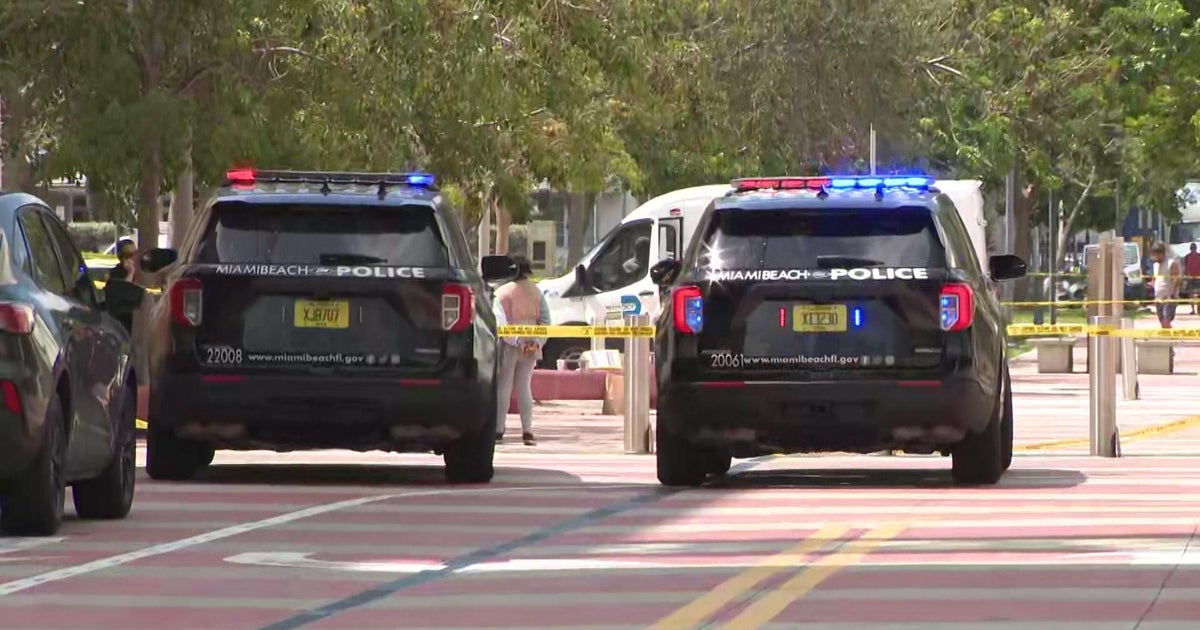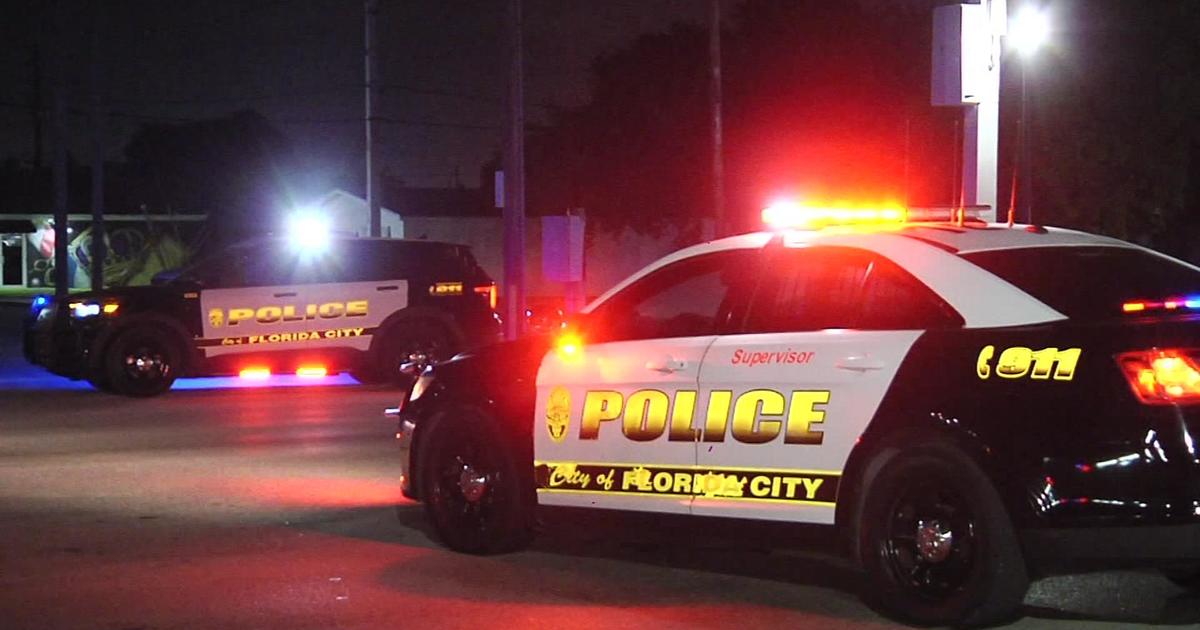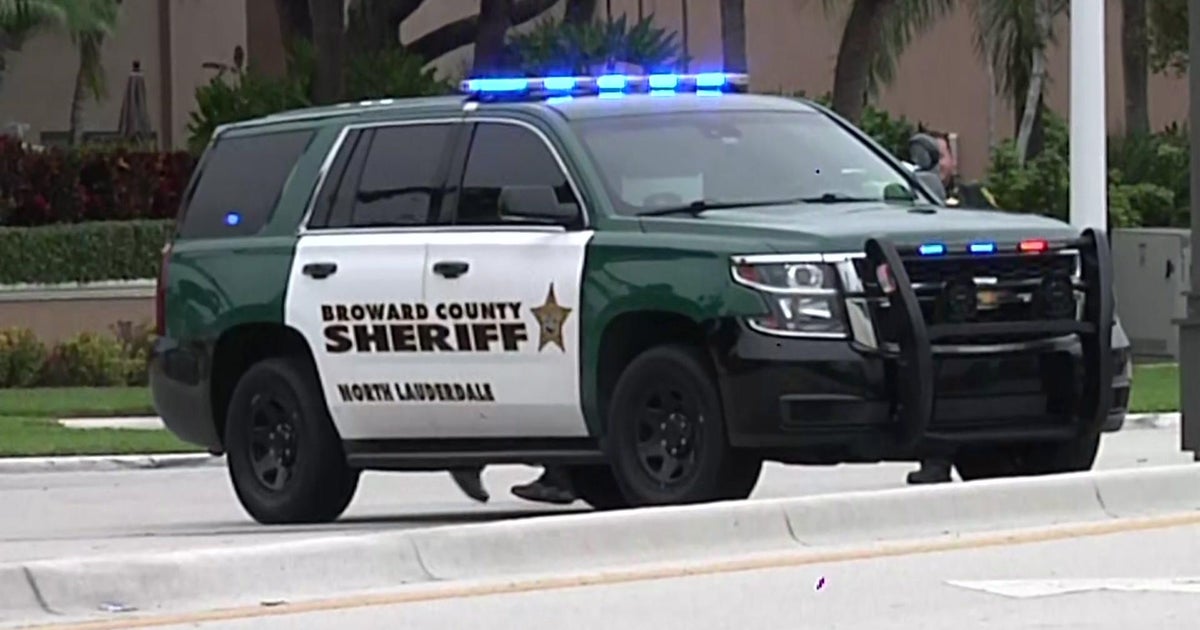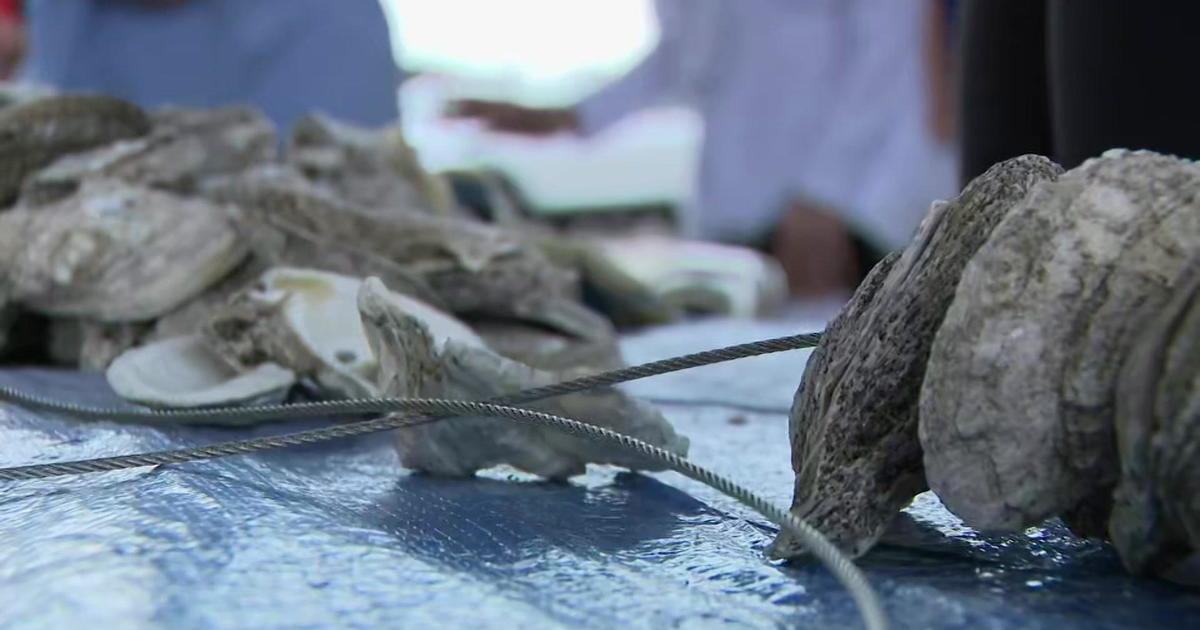New Police Radios Place Public, Officers At Risk
MIAMI (CBSMiami) - Less than three weeks after the Miami-Dade Police Department launched a new radio system that was supposed to improve transmissions and keep officers safe, Police Director J.D. Patterson announced Thursday the department would be temporarily return to a less secure, but hopefully more reliable system.
In an email obtained by CBS4 News, Patterson acknowledged serious problems with the new radio system. "A number of radio users have reported incidents of hearing distorted audio and other anomalies that have affected radio communications," Patterson wrote.
Since its inception on April 15, the system has been bombarded with reports from its officers of lost or garbled radio transmissions. The system, which cost taxpayers between $25 million and $30 million, moved the radio system from an analog to a digital signal. It also layered in a sophisticated level of encryption which would make it impossible for members of the public to listen to police radio transmissions on their own private scanners.
The problems extend beyond Miami-Dade County. Several municipalities, including North Miami, Sunny Isles, and Pinecrest rely on the Miami-Dade radio system to dispatch its officers.
But CBS4 News has learned the problem with the radios go well beyond garbled or lost transmissions. An emergency button has failed on several occasions. The so-called red button is located on every handheld radio and is supposed to act as a beacon when an officer's life is in jeopardy.
When an officer is in distress and needs immediate help, all they have to do is press the red button and an emergency tone goes out, dispatchers are immediately informed of the officer's location and anything the officer says is broadcast without the officer having to hold down the button as they normally do when they want to speak. But on several occasions the buttons were pressed and nothing happened.
"This is an issue of life and death for us and not only for the police officers but for the citizens that we protect," said John Rivera, the president of the Police Benevolent Association who says the union plans to file a grievance. "If you don't give police officers proper resources, the proper equipment, not only can they not protect themselves but they can't protect the community."
Rivera says he believes the system was not set up to handle the volume of calls received by the Miami-Dade Police Department, which is about 90 million calls a year.
No officers have been injured or hurt - but Patterson wasn't going to wait for that to happen. He announced the department will temporarily transition back to non-encrypted communication on Tuesday, while engineers try to figure out what is wrong.
"It was a huge transition, with any new project you're always going to have glitches, you're always going to have kinks and we need to iron those kinks out," said Miami-Dade Police Department spokesman Alvaro Zabaleta. "We are going to do whatever it takes to get that equipment to run effectively as it's supposed to be."
RELATED CONTENT:



